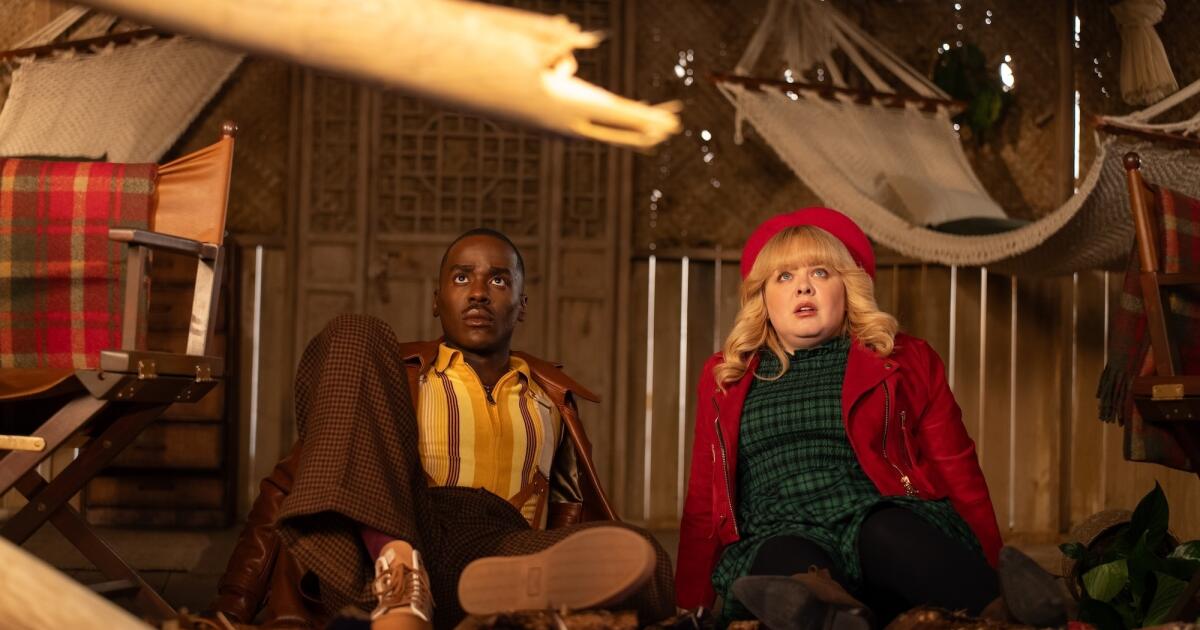For Scott Stein, the act of returning the flag felt like fulfilling a larger purpose. (Representational)
Scott Stein had always admired the Japanese flag that hung in his grandfather’s den on Long Island, New York. Passed down after Bernard Stein’s death, the flag was a remnant of World War II, brought home as a war trophy by his grandfather, who served in the US Army’s 38th Infantry Division. It wasn’t until years later that Scott realised its significance, and made the decision to return it to its rightful place.
“I knew it was important to him, but he never spoke of his experiences,” Stein, 55, told the Washington Post, reflecting on the silence that often surrounded his grandfather’s combat stories. “We never knew where he got the flag, but we knew it had to have come from some heavy fighting.”
The flag, known as a Yosegaki Hinomaru, or “good luck flag,” bore the name of its original owner, Japanese soldier Yukikazu Hiyama, along with messages of well-wishes from his family and friends. Each Japanese soldier carried such a flag into battle, tucked under their uniforms, as a personal memento.
After inheriting the flag, Scott Stein displayed it in his own home for years until he began to feel it wasn’t appropriate as decor. “I started to realise a while back that maybe it wasn’t the best home decor,” he said. Determined to return it to its origins, he learned about the OBON Society, a non-profit dedicated to reuniting families with these personal artefacts of war.
Scott Stein mailed the flag to the OBON Society, which, after years of research, tracked down Hiyama’s only surviving child, Tsukasa Hiyama, an 81-year-old man living on the Japanese island of Honshu. Tsukasa never knew his father, who was killed in action in 1945, two years after leaving to serve in the Imperial Army.
For Tsukasa, the return of the flag was a profound moment. “When I held the flag in my hands, it felt as if I could sense my father’s warmth for the first time,” he said. He took the flag to his mother’s tombstone and unfurled it, bringing a sense of closure to a family that had long wondered about the fate of their loved one.
The OBON Society, founded by Keiko and Rex Ziak, has returned more than 600 such flags to families of fallen soldiers. Keiko Ziak noted that these flags were often the last tangible connection families had to their loved ones, calling them “like a love letter to each soldier.”
For Scott Stein, the act of returning the flag felt like fulfilling a larger purpose. “It feels like good karma to give it back,” he said. “I hope it raises awareness that these flags are still out there, hanging on other walls.”










